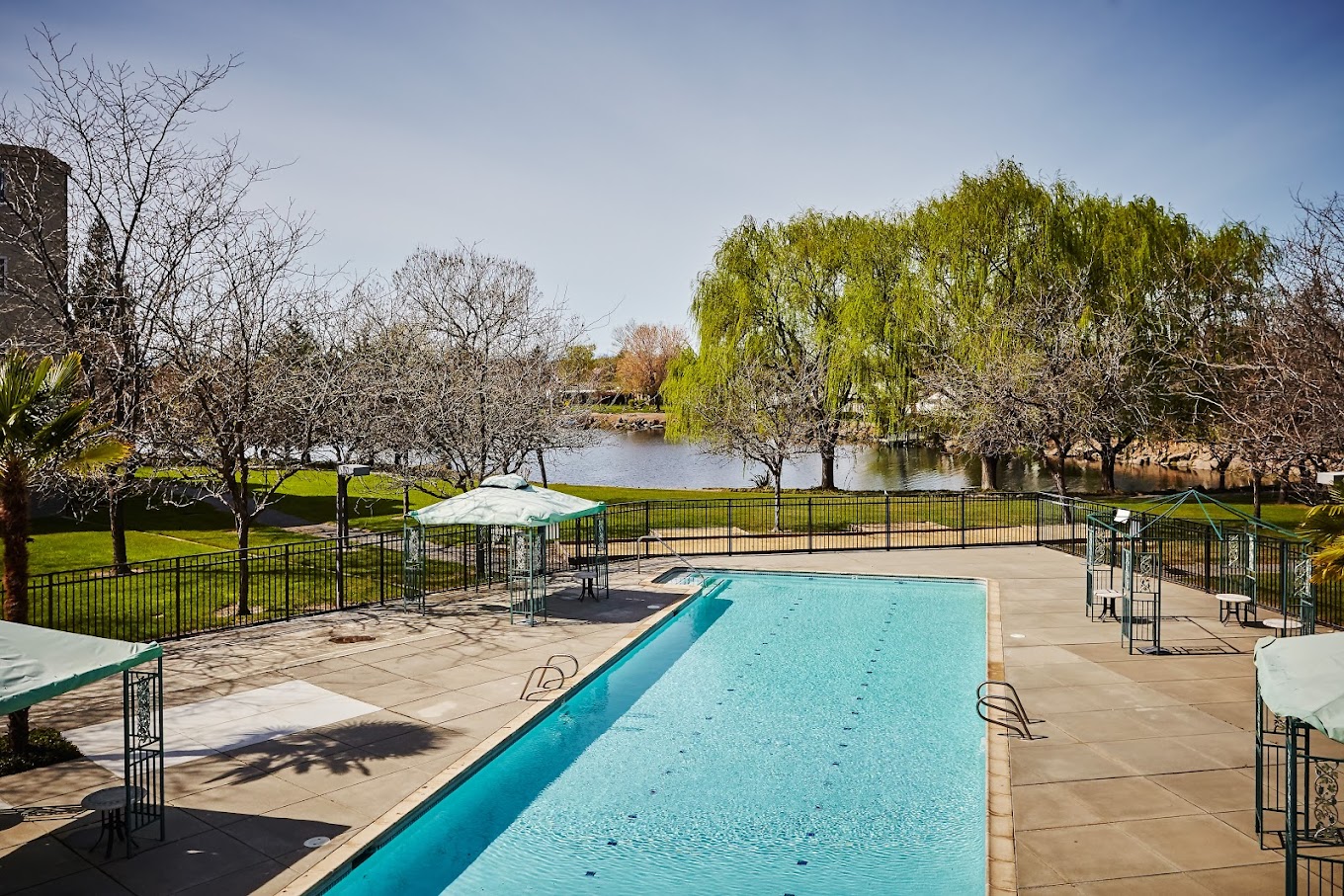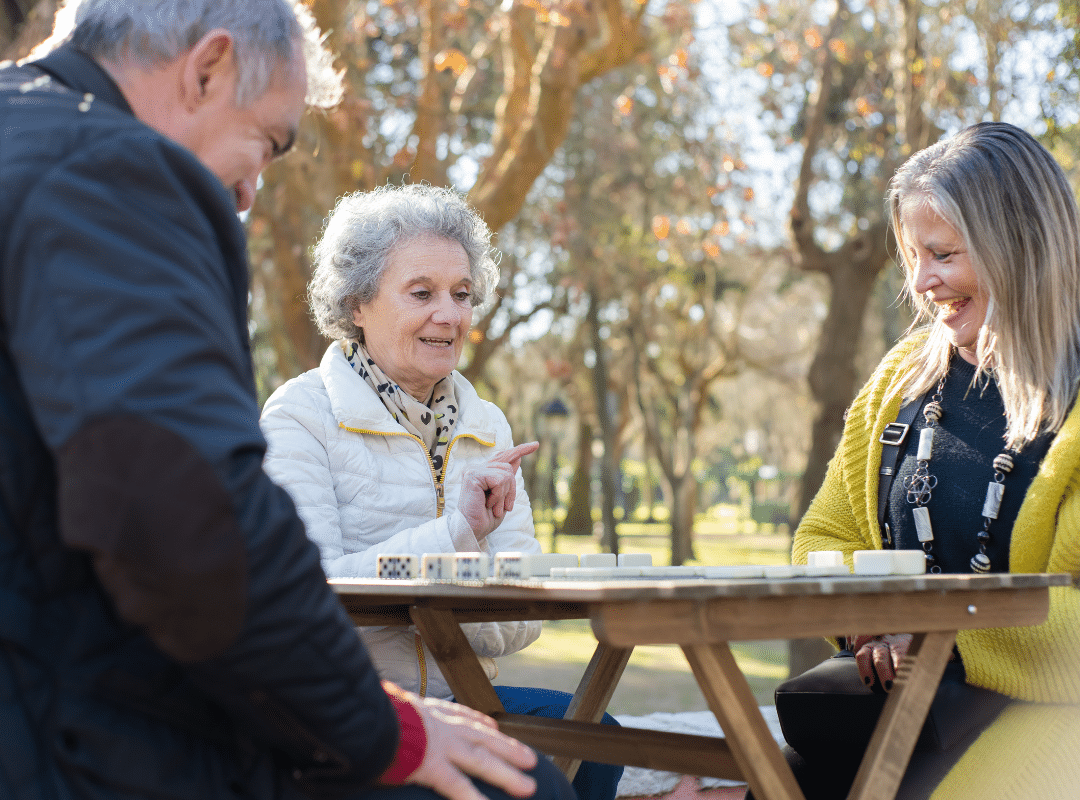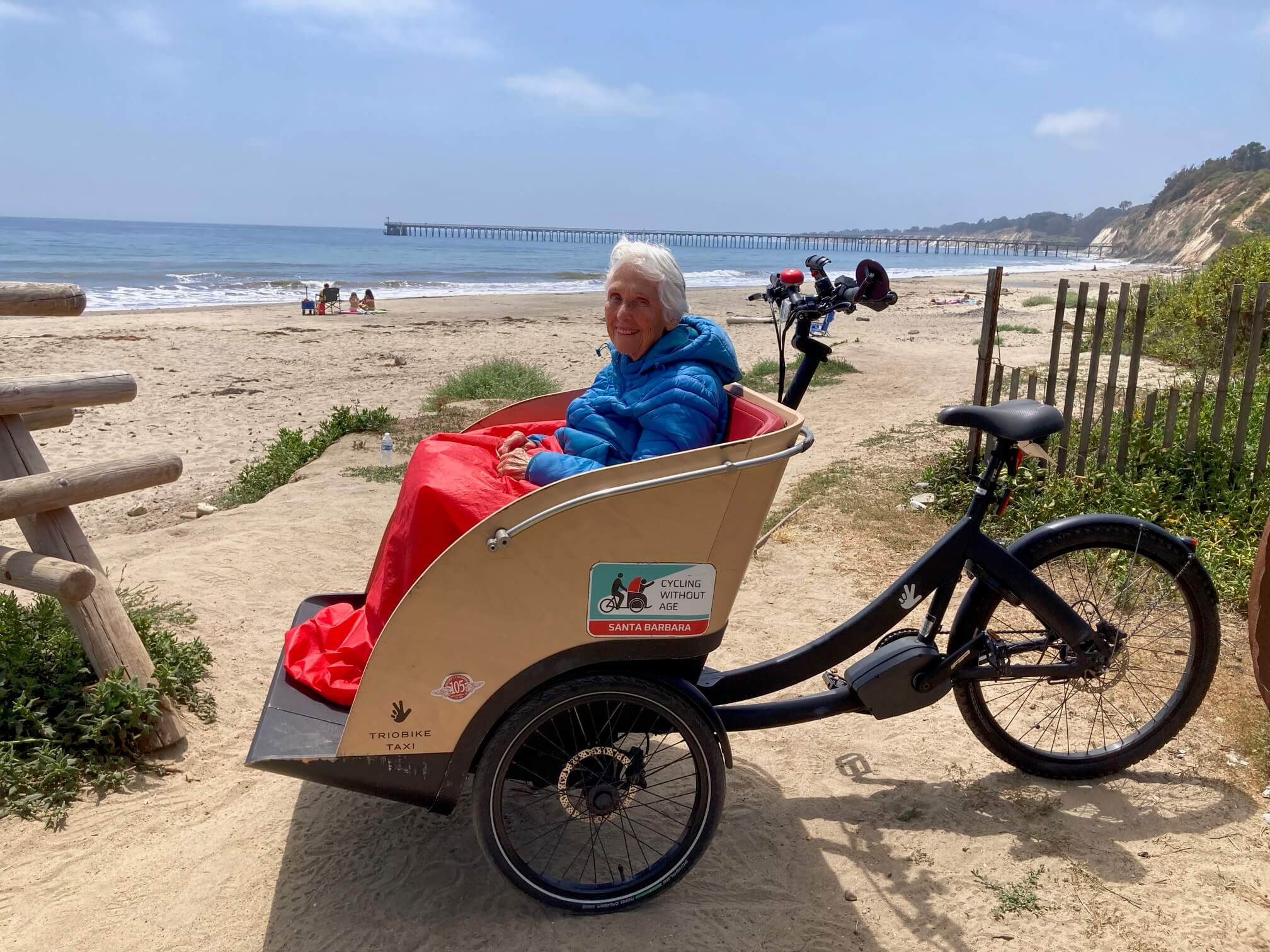
Discover the Joy of 55+ Active Adult Communities
Retirement is no longer just about slowing down—it’s about stepping into a vibrant, active, and fulfilling lifestyle. 55+ Active Adult Communities are redefining what it
Gain expert insights and practical tips to help seniors and their families navigate senior living with confidence.
Category: Active Adult

Retirement is no longer just about slowing down—it’s about stepping into a vibrant, active, and fulfilling lifestyle. 55+ Active Adult Communities are redefining what it

Discover the Joys of an Active Adult Community Life Retirement doesn’t mean slowing down—it means living life on your terms. At Westmont Village Homes, an

Explore Active Senior Communities That Match Your Lifestyle Finding the perfect fit in active senior communities means discovering where your lifestyle, values, and interests thrive.

Managing Assisted Living Expenses: A Budgeting Guide Planning ahead for assisted living expenses is crucial to ensuring a smooth transition into senior care. Whether you’re

When Is Assisted Living Not Appropriate? Know the Red Flags Understanding when assisted living is not appropriate is essential for families evaluating care options. Assisted

Best Retirement Communities for Active Adults in CA Discovering the best retirement communities for active adults is about more than location—it’s about lifestyle. If you’re

At Westmont of Santa Barbara, we believe life’s joys don’t stop with age, and one of the most beautiful examples of that belief in action

Explore Vibrant Living in Senior Active Communities Senior active communities are transforming what it means to retire. Rather than a quiet, sedentary life, these communities

Visiting Loved Ones: Connection Tips for Active Communities Visiting Loved Ones in active adult and memory care communities is more than a routine—it’s an opportunity

5 Exciting Adult Activities For Seniors Exploring new hobbies, meeting new friends, and staying active are all essential for your well-being at Westmont Village Homes.
Discover the level of care you or your family member requires.
Popular Blogs





Find out if you or your loved one’s current lifestyle is best suited for long, healthy aging.
Each of our communities across California and Oregon offers a unique blend of activities, connection, and wellness.
Embrace a lifestyle where your interests and independence are celebrated every day.
9000 Murray Drive La Mesa, CA 91942
Luxury redefined in a resort-style setting, tailored for dynamic senior living experiences.
190 Via Jero, Goleta, CA 93117
Where warmth meets care, curating an inviting senior living experience.
17050 Arnold Drive Riverside, CA 92518
A harmonious blend of belonging, independence, and enriching senior lifestyles.
All Rights Reserved. Powered by ConversionFormula.
Pick a Westmont community to explore and schedule your personal walkthrough!
Make yourself at home where a happy, healthy lifestyle goes hand-in-hand with your personal fulfillment, enrichment, and growth.
Answer a few quick questions to unlock the exciting future senior living can offer!